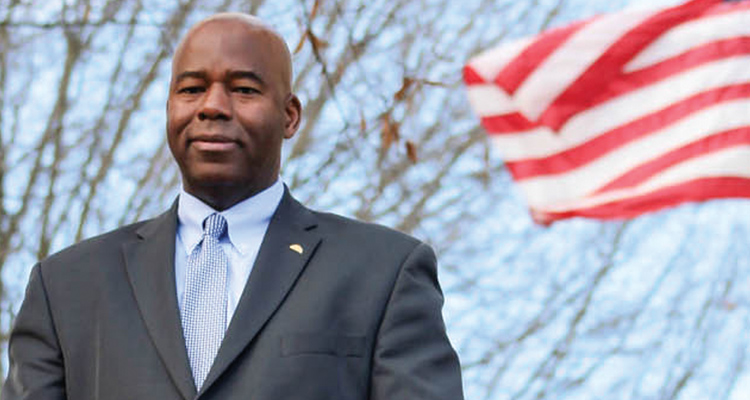Happy New Year and Welcome Back as we begin the 2017 – 2018 school-year. While many businesses have only one grand opening, Danville Public Schools has a grand opening every year. We are excited to begin the new year of learning not only for our students but for ourselves as leaders of learning. By the way, leadership by my own definition is less positional and more a matter of function. In other words, we are all leaders. Teachers are leaders. Students are leaders and so on.
As we enter another school year, it is my responsibility as a leader to interrogate our current reality as a school division. By using of the term “interrogate”, I am using Susan Scott’s definition that “a fierce conversation is one in which we come from behind ourselves into a conversation and make it real.” (Scott is the founder and CEO of Fierce Leadership ; and well known for her book entitled, Fierce Conversations – Achieving Success at Work and in Life, One Conversation at a Time. So please indulge me as I “get real” about where we are as a school division. What is our current reality or interrogation of that reality from my perspective?
First, we are an organization that is striving to improve foundational learning, known commonly as the reading, writing, and arithmetic. Foundational learning is those basic skills, knowledge and the application of knowledge that is fundamental to a student’s ability to be a productive citizen. The International Center for Leadership in Education (ICLE) defines foundational learning as the knowledge and skill a school or district requires all students to achieve. In Virginia, foundational learning is known as the Standards of Learning. In DPS, our work over the past two years has been aimed at creating, supporting, and implementing high quality, research-based instruction in all classrooms through our instructional framework best known as Learning Focused. With hundreds of teacher strategies and practices used by educators, it is easy to get lost in strategies and practices without an instructional framework. Stated simply, high-quality instruction should be the rule not the exception throughout any learning organization.
Second, excellence is the extent to which students take opportunities for rigorous and relevant learning beyond the minimum requirements (foundational learning.) Excellence is about stretch learning. Stretch learning encourages students to participate in interdisciplinary activities and competitions, to enroll in honor courses, or pursue credentials or courses of study beyond the minimum. Examples of stretch learning include Advanced Placement, International Baccalaureate, Career and Technical Education, dual enrollment courses, and other opportunities that enable students to develop college and career readiness skills. In DPS, we have to do both foundational and stretch learning. Doing one at the exclusion of the other is a disservice to the students we serve.
Finally, we have to help students with personal skill development which includes ideas like goal setting, organizational skills, social skills, empathy, and emotion control. Other personal skills include leadership development, collaboration, and team building. These skills when coupled with true engagement by learners with their teachers, peers and school community, help students to become intrinsically motivated and become more readily involved in the learning process. Through these experiences, students feel a sense of personal satisfaction, belonging, and achievement. Our challenge as a learning organization is to provide all of these learning criteria as core dimensions of how we do the business of teaching and learning. Organizationally, we are implementing these practices to improve our student learning and performance results. At best, improvements in results will be incremental over the next few years.
